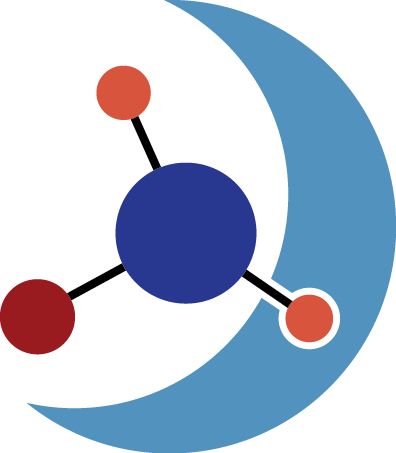Recombinant Human Programmed cell death 1 ligand 1 (CD274), partial (Active)
Shipping Cost Note
Each Recombinant Protein price includes shipping cost to Canada and import fees. Please ask for a discounted quote if ordering multiple Cusabio products.
Delivery Time Note
This product is usually imported from the manufacturer after order placement. Please expect longer delivery times of 7-14 days.
Catalog No.
CSB-MP878942HU1
Product Name
Recombinant Human Programmed cell death 1 ligand 1 (CD274), partial (Active)
In Stock
Yes
Activity
Yes
Research Area
Cancer
Uniprot ID
Q9NZQ7
Gene Names
CD274
Alternative Names
PD-L1 (PDCD1 ligand 1) (Programmed death ligand 1) (hPD-L1) (B7 homolog 1) (B7-H1) (CD274)
Organism
Homo sapiens (Human)
Source
Mammalian cell
Expressed Region
19-238aa
Protein Length
Partial
Tag Info
C-terminal hFc-tagged
Target Protein Sequence
FTVTVPKDLYVVEYGSNMTIECKFPVEKQLDLAALIVYWEMEDKNIIQFVHGEEDLKVQHSSYRQRARLLKDQLSLGNAALQITDVKLQDAGVYRCMISYGGADYKRITVKVNAPYNKINQRILVVDPVTSEHELTCQAEGYPKAEVIWTSSDHQVLSGKTTTTNSKREEKLFNVTSTLRINTTTNEIFYCTFRRLDPEENHTAELVIPELPLAHPPNER
MW
52.7 kDa
Purity
Greater than 95% as determined by SDS-PAGE.
Endotoxin
Less than 1.0 EU/ug as determined by LAL method.
Form
Lyophilized powder
Buffer
Lyophilized from a 0.2 μm sterile filtered PBS, 6% Trehalose, pH 7.4
Resonstitution
We recommend that this vial be briefly centrifuged prior to opening to bring the contents to the bottom. Please reconstitute protein in deionized sterile water to a concentration of 0.1-1.0 mg/mL.We recommend to add 5-50% of glycerol (final concentration) and aliquot for long-term storage at -20℃/-80℃. Our default final concentration of glycerol is 50%. Customers could use it as reference.
Storage
The shelf life is related to many factors, storage state, buffer ingredients, storage temperature and the stability of the protein itself. Generally, the shelf life of liquid form is 6 months at -20℃/-80℃. The shelf life of lyophilized form is 12 months at -20℃/-80℃.
Notes
Repeated freezing and thawing is not recommended. Store working aliquots at 4℃ for up to one week.
Relevances
Plays a critical role in induction and maintenance of immune tolerance to self (PubMed:11015443, PubMed:28813417, PubMed:28813410). As a ligand for the inhibitory receptor PDCD1/PD-1, modulates the activation threshold of T-cells and limits T-cell effector response (PubMed:11015443, PubMed:28813417, PubMed:28813410). Through a yet unknown activating receptor, may costimulate T-cell subsets that predominantly produce interleukin-10 (IL10) (PubMed:10581077) The PDCD1-mediated inhibitory pathway is exploited by tumors to attenuate anti-tumor immunity and escape destruction by the immune system, thereby facilitating tumor survival (PubMed:28813417, PubMed:28813410). The interaction with PDCD1/PD-1 inhibits cytotoxic T lymphocytes (CTLs) effector function (By similarity). The blockage of the PDCD1-mediated pathway results in the reversal of the exhausted T-cell phenotype and the normalization of the anti-tumor response, providing a rationale for cancer immunotherapy (By similarity).
References
Function
Additional Product Information
Product MSDS














